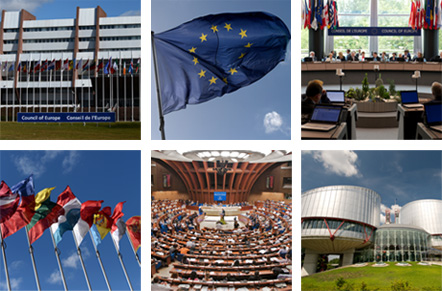Spain has made progress in developing the legislative, institutional and policy framework against trafficking in human beings. However, improvements are needed in a number of areas, in particular more efforts are required to tackle trafficking for labour exploitation, says the Council of Europe’s Group of Experts on Action against Trafficking in Human Beings (GRETA) in a report published today.
The report acknowledges a number of positive steps, although notes that the focus has so far been on fighting trafficking for the purpose of sexual exploitation. GRETA urges the Spanish authorities to adopt as a matter of priority a comprehensive national action plan which includes measures to combat trafficking for the purpose of labour exploitation, as well as other forms of trafficking, and prioritises the identification of victims of trafficking among asylum seekers and irregular migrants. To prevent trafficking for labour exploitation, GRETA recommends strengthening labour inspections, notably in the agricultural and domestic work sectors.
Criminal law reforms have broadened the definition of trafficking to include additional forms of exploitation such as forced marriage and participation in criminal activities. In addition, the minimum length of the recovery and reflection period for victims has been extended from 30 to 90 days, and the number of compensations granted by courts to victims of trafficking has increased. However, GRETA recalls its recommendations to ensure that all foreign victims are systematically informed about the possibility to benefit from a recovery and reflection period and to make the State compensation scheme effectively accessible to victims of trafficking.



